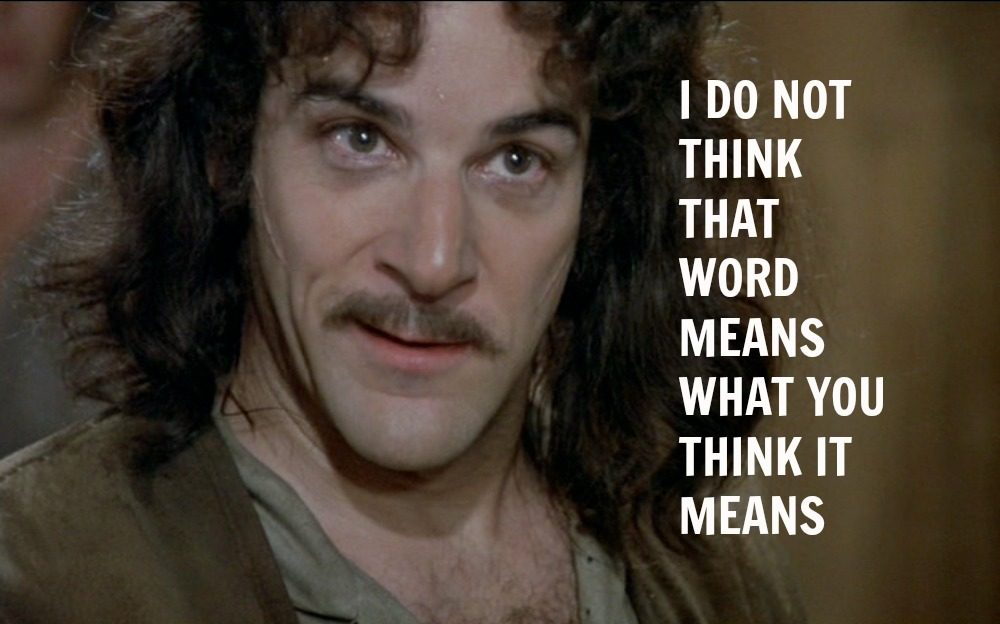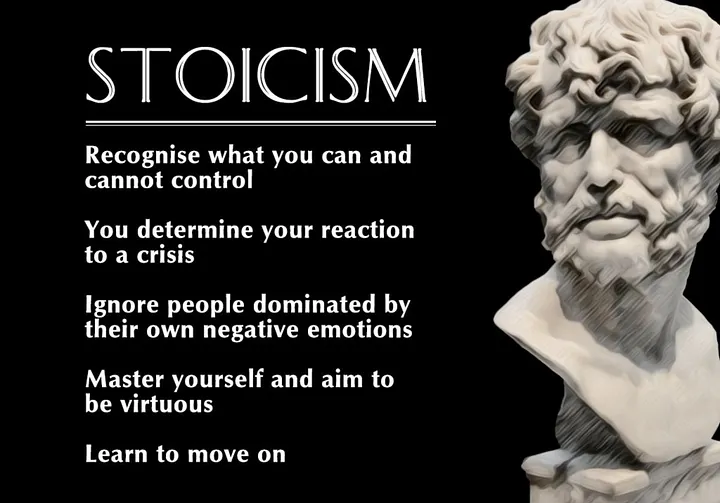In the realm of digital marketing, the term “paradigm” holds a unique significance, much like an optical illusion that challenges our perceptions. Originally, a paradigm was akin to an optical illusion, where the intended meaning diverged from its perceived interpretation, diluting its impact over time.

Consider those captivating images where one moment you see an elderly woman with a prominent nose, and the next, a young lady adorned in a fur coat. When shared with different individuals, varied interpretations emerge – from dolphins to modern dancers – revealing the fascinating nature of paradigms. What’s intriguing is how understanding the intended meaning enhances our grasp of the surrogate interpretation.
In the realm of digital marketing, we grapple with the concept of signal-to-noise ratio – the proportion of valuable information against the backdrop of irrelevant noise, akin to a subject framed against its surroundings in photography.
Yet, unlike conventional optical illusions, paradigms blur the lines between signal and noise, effortlessly swapping their roles. Just as the dolphins can seamlessly morph into dancers and vice versa, our minds navigate between these interpretations, akin to magnets snapping into alignment. This phenomenon, termed the “paradigm shift,” encapsulates the pivotal moment when our perception transitions between interpretations.
The funny thing is this:
The brain can only recognize one at a time. One shift and noise becomes signal.
But why does this matter in the landscape of digital marketing? Understanding the true essence of paradigms, rooted in philosophical origins, enables us to discern the essence amidst the clutter. It’s akin to deciphering a complex image, where our minds oscillate between clarity and ambiguity based on contextual cues.

In this digital age, where content inundates our screens and attention spans wane, the lesson resonates deeply: context holds as much weight as content. And herein lies the crux of digital marketing – leveraging the power of context to amplify the impact of our content.
Enter video – the cornerstone of modern digital marketing strategies. Video transcends traditional boundaries, captivating audiences with its immersive storytelling and visual allure. It embodies the essence of context, seamlessly integrating into diverse platforms and engaging viewers on a visceral level.
From captivating product demonstrations to compelling brand narratives, video empowers marketers to forge meaningful connections and drive action. It serves as the conduit through which brands navigate the digital landscape, harnessing the potency of sight and sound to leave a lasting impression.

Why you should care. In essence, video epitomizes the paradigm shift in digital marketing – a dynamic force that transcends conventional boundaries and reshapes our perception of engagement. As we navigate this ever-evolving landscape, let us heed the lesson of paradigms: context is king, and video reigns supreme as the catalyst for digital success.



